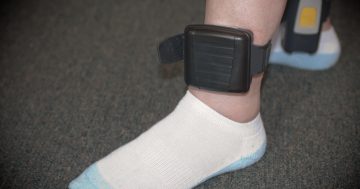 The NSW Bureau of Crime Statistics and Research (BOCSAR) has found that defendants remanded in custody until their court matter is determined are more likely to receive a prison sentence upon conviction than those released on bail.
The NSW Bureau of Crime Statistics and Research (BOCSAR) has found that defendants remanded in custody until their court matter is determined are more likely to receive a prison sentence upon conviction than those released on bail.
BOCSAR said its research compared a cohort of defendants who were granted bail at their first court appearance with a similar cohort of defendants who were refused bail and were remanded in custody.
Controlling for other factors that might influence sentencing outcomes, the study found that remandees were 10 percentage points more likely to be sentenced to prison for their matter than defendants released on bail.
The study also found that defendants refused bail committed fewer offences prior to court finalisation and were less likely to abscond.
Acting Executive Director of BOCSAR, Jackie Fitzgerald (pictured) said that together, the research results suggested that for every 10 additional defendants remanded in custody the number imprisoned would increase by one, and the number offending on bail and failing to appear in court would reduce by 1.6 and 0.9 respectively.
“The study shows that remanding defendants in custody until their matter is determined has a significant incapacitation effect,” Ms Fitzgerald said.
“However, these benefits come at a significant cost to the correctional system and the individual in terms of an increased likelihood of a prison sentence.”
She said whether the costs outweighed the benefits achieved in terms of reduced offending and absconding was ultimately a political matter.










